|
|
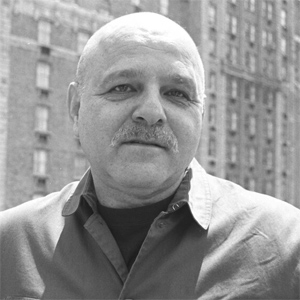 |
Noah Creshevsky |
| |
| |
| born January 31, 1945 Rochester, New York |
| "Imagine all the world's instruments, musicians and hemispheres lashed together into a giant mega-calliope, super-jukebox, or fantasmo-sampler. As called to action by a hyper-caffeinated virtuoso, it might sound something like these works by Noah Creshevsky."
--Arved Ashby, Gramophone |
| Trained in composition by Nadia Boulanger in Paris and Luciano Berio at Juilliard, Noah Creshevsky is the former director of the Center for Computer Music and Professor Emeritus at Brooklyn College of the City University of New York.
His musical vocabulary consists largely of familiar bits of words, songs, and instrumental music which are edited but rarely subjected to electronic processing. The result is a music that obscures the boundaries of real and imaginary ensembles though the fusion of opposites: music and noise, comprehensible and incomprehensible vocal sources, human and superhuman vocal and instrumental capacities.
Creshevsky's work has been supported by grants and awards from the National Endowment for the Arts, the New York State Council on the Arts, and ASCAP. It has been published by Alexander Broude and the University of Michigan Press, released on records and compact discs, and performed and broadcast internationally.
Formerly director of the Center for Computer Music and professor of music at Brooklyn College of the City University of New York, he has served on the faculties of the Juilliard School and Hunter College, and been a visiting professor at Princeton University.
|
| I have been composing electronic music for more than thirty years. Common to all of my music is the use of expanded sonic palettes. My goal has been to create a body of work using a novel but natural, versatile, and expressive musical language. My focus on extended musical palettes mirrors the belief that individuals and societies are improved through broad inclusion.
Much of my musical vocabulary consists of familiar bits of words, songs, and instrumental music which are deconstructed into minute fragments, subjected to a variety of electronic processes, and finally reassembled in ways that bear little or no discernible relationship to their original sources. The result is a sound at once nearly human and tangentially electronic, but never fully one or the other.
Allusions to Middle Eastern, Asian, and Western sacred, secular, popular, and classical instrumental and vocal music seek to produce hypothetical performers of indeterminate identity--simultaneously male and female, Western and non-Western, ancient and modern, familiar and unfamiliar. --Noah Creshevsky
|
| |
| |
|
|
|
Music Excerpts
Click to listen
|
|
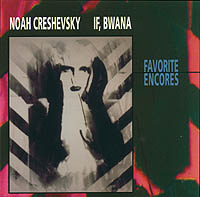
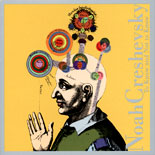
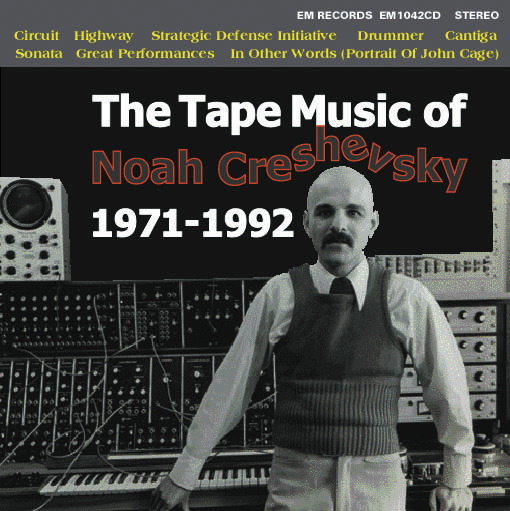
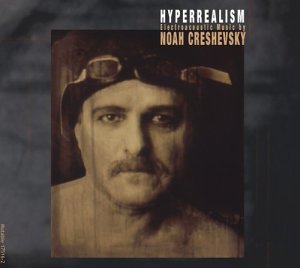
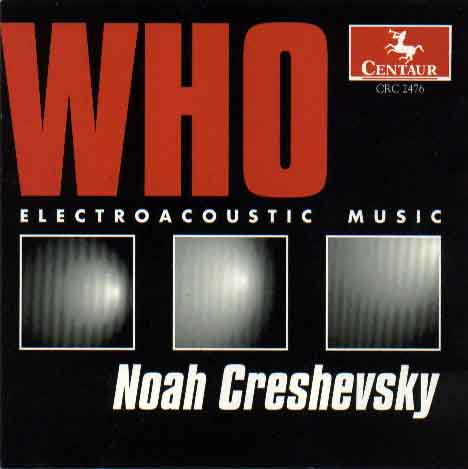
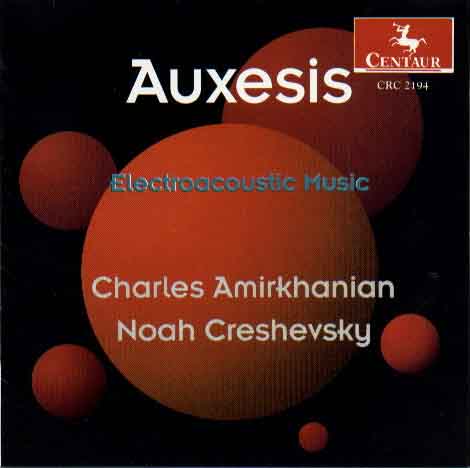
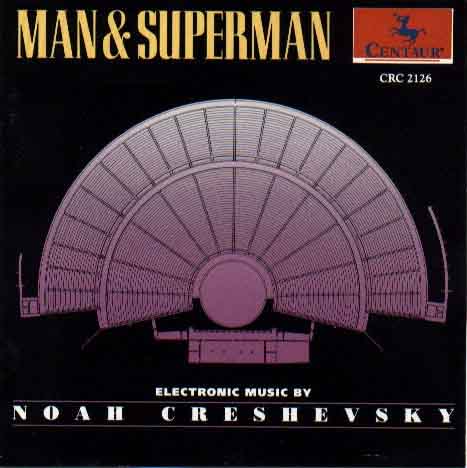

![[ Vox Novus logo ]](http://www.voxnovus.com/img/Vox_Novus_logo.jpg)
![[ Vox Novus - the new voice for contemporary music ]](http://www.voxnovus.com/img/Vox_Novus.jpg)